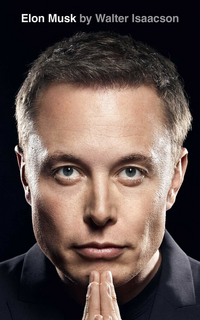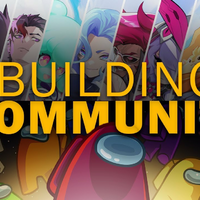a16z. author, The Cold Start Problem
Who’s watching three body problem this weekend?! I’m a few episodes in and first reaction: The opening scene just punches you in the face. IRL cancel culture driven by high school and college students. Science and academia becoming politicized. Tearing down the past. Etc Sound…
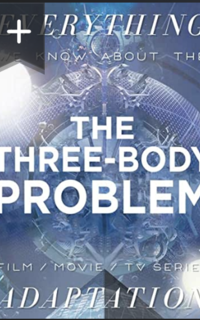
this is one of the most important graphs that I saw in 2023 that has led to behavior change. This is in Peter Attia's book Outlive
tldr: if you want to be able to climb stairs when you are 75, you need to be in the top 95th percentile of cardiovascular fitness. With this, you won't be able to run nor briskly climb stairs
But if you are average/low, you may not even be able to do any of that. And it seems unlikely you'll be avg/low now (I'm in my early 40s) and then somehow go from 50th percentile to 95th. So basically it's better to get started
Thus, after reading his book, I reluctantly started running again even though I hate it. And am also doing some peloton / cycling outdoors when time/weather allows
cc
@KatieBaynes
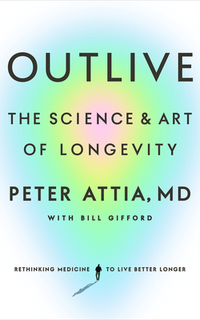
Highly recommend. I was familiar with a lot of the events covered in the book but it put it together cohesively - for a very complex industry - and covers a lot ground on modern geopolitics between the US, China, and Taiwan Summary:
- history of the semiconductor industry in pre-silicon valley
- classic stories on Fairchild, the traitorous 8, Texas Instruments, etc
- bridges into the creation of the semiconductor industry in Asia, with Japan’s dominance in memory followed by the US cos building fans in Korea, Taiwan, Hong Kong to compete
- the emergence of TSMC in Taiwan, why it’s become so central
- lots of interesting discussion on modern geopolitics with China
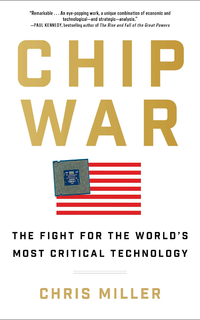
👇🏼lots of great additional points from @bhorowitz @pmarca on the recent techno-optimism manifesto - “love doesn’t scale” - fission and fusion - reconciling anti-statism with American Dynamism - colleges, student loans, UBI … and much more! Fun video

If you’ve binged on TED talks or devoured Malcolm Gladwell’s insights, you should know there’s a major crisis on the underlying social science research - called the replication crisis, sometimes it’s just torturing the data until it spits out what you want to see, or in this…
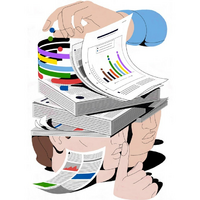
Almost done w the new Elon Musk biography and here’s my review:
- first half of the book was great, the second part not so much (more on that shortly)
- lots about his childhood, his pre-silicon valley life, his family situation etc, which are interesting
- dispels a lot of dumb rumors: no, he wasn’t already rich, the govt didn’t fund Tesla, etc
- the inside look at early spaceX and tesla we’re both interesting, before many of us were tracking the two companies
- interesting to hear about personal habits (particularly gaming), why he chooses to go hardcore and sleep in the office etc
- the way elon picks his goals are interesting - obv very obsessed with very big missions, which we could all aspire to
- you get a good look at what makes him effective, particularly working around the natural bureaucracy that seeps into companies. And connecting w young engineers and being meritocratic in promoting them
My main complaint is that the early parts of the book have, say, one chapter about PayPal. But now I’m like 5 or 6 chapters into the twitter/X saga and seems kind of undifferentiated
The author is so skeptical about how twitter/X will turn out when just a few chapters ago, he discusses how everyone was so skeptical on tesla/spaceX - and of course they were all wrong. Easy to believe when things are already working
Worth a read but maybe just the first half 😂
